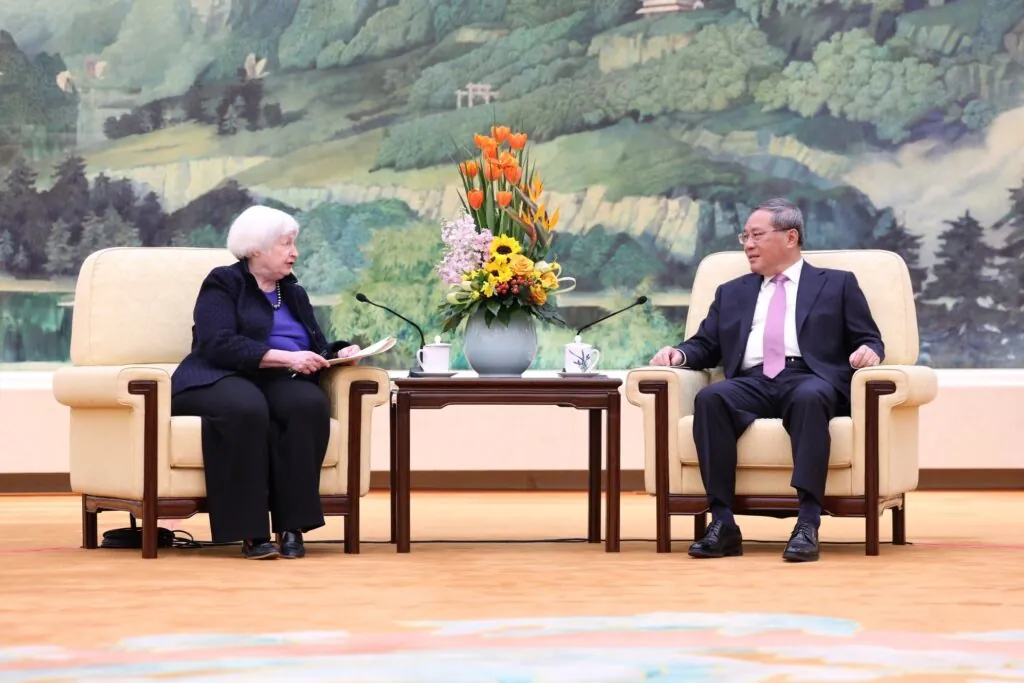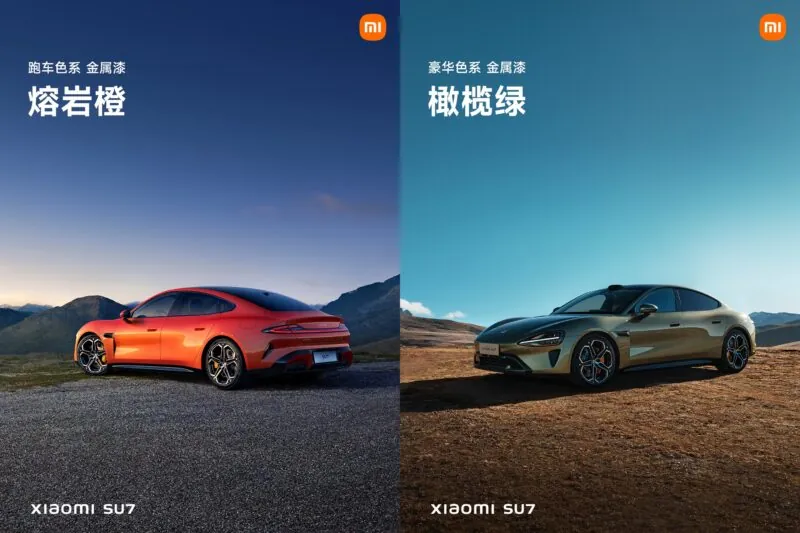The US Secretary of the Treasury, Janet Yellen recently made her first visit to China in 9 months. She arrived in the Southern manufacturing hub of Guangzhou on 4 April and is due to leave on Tuesday 9 April. During her visit, she made sharp criticism of the “overcapacity” of Chinese manufacturing and accused the state of subsidising exports even if they lose money, which include electric vehicles, batteries and other green-tech products, gaining an unfair advantage against US competitors.
Many of the state-owned media outlets focued on Yellen’s rejection of “decoupling” between the two largest economies on the planet. On social media platform Weibo, China’s Twitter equivalent, the topic “US Secretary of Treasury Yellen speaks out against China-US decoupling again” (#美财长耶伦再提反对中美脱钩#) reached number 13 on the Hot Search list with an impressive 50.42 million views. However, many other trending topics are about the lighter, more touristy side of her visit, like the Cantonese restaurant she visited or indeed, “Yellen isn’t bad with chopsticks” (#耶伦筷子用得不错#). State-backed media outlets also reported on her drinking craft beer in Sanlitun, Beijing’s famous bars-and-clubs area.

It is of course possible, likely even, that the narrative on Weibo has been moderated heavily by the authorities. Another trending topic during the treasury chief’s visit is that the “American side demanded opening the partitions in the restaurant when Yellen dined” (#美方要求耶伦就餐时大厅打开隔断#), which reached number 23 on the Hot Search list on Weibo with 24.67 million views. The gesture shows an approachable minister dining with the people of Guangzhou with no screen separating her table from the rest of the restaurant. Some comments under the top post are mostly critical of the light-heartedness and gave Yellen the nickname of “polite robber ” and said, “We don’t care what she eats, just how she wants to bully China”. It would appear that netizens on social media are not entirely on board with the lighter version of the story.
Chinese media reiterated that the two countries should be partners rather than adversaries and that the US accusations are unfair, as they insist Chinese firms are competing fairly with their US peers. However, it is clear that both sides agree that the two countries cannot do without each other and continuing dialogue is of paramount importance.









